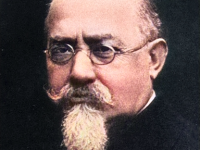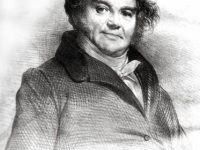Cesare Lombroso – The Father of Criminology
On November 6, 1835, Italian criminologist and physician Cesare Lombroso was born. Lombroso was the founder of the Italian School of Positivist Criminology, and is often referred to as the father of criminology. He rejected the established classical school, which held that crime was a characteristic trait of human nature. Instead, using concepts drawn from physiognomy, degeneration theory, psychiatry and Social Darwinism, Lombroso‘s theory of anthropological criminology essentially stated that criminality was…
Read more






